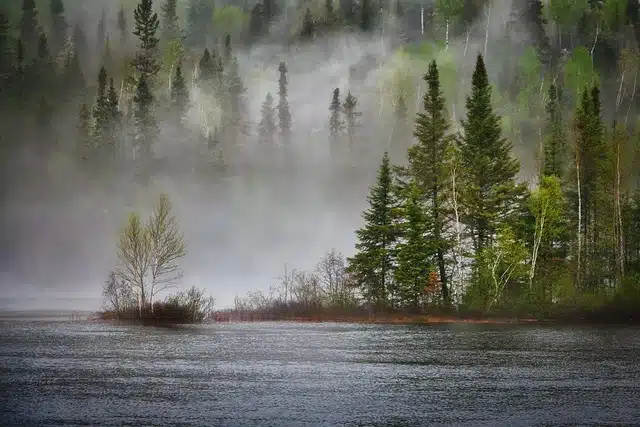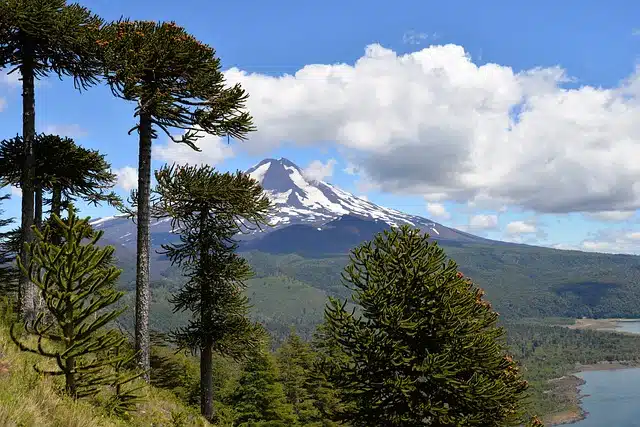
Ecological succession occurs when one taxon replaces another in an ecological community.
With etymological origin in the Latin word successio , succession is a term with several uses recognized by the Royal Spanish Academy ( RAE ) in its dictionary. It can refer to events or elements that, in time, follow one another. In a succession, therefore, one thing follows another.
Ecological , meanwhile, is that linked to ecology : the science dedicated to the analysis of living organisms, studying the links they maintain between them and with their environment. Something that does not harm or damage the environment is also classified as ecological.
Ecological succession is called, in this framework, the process that develops when one taxon replaces another in an ecological community . These changes are natural and take place due to the dynamics of an ecosystem .
Studies of ecological succession throughout history
Due to ecological succession, certain species appear in a space, while others cease to exist. In this dynamic, then, local extinctions and colonizations occur.
The biologist, naturalist and botanist Georges-Louis Leclerc de Buffon ( 1707 – 1788 ) was the one who first presented this theory in 1742 , warning that oaks are succeeded by poplars in the evolution of a forest. Because his postulates were opposed to creationism , he was forced to recant.
Only in 1813 did Jean-André Deluc recover these ideas , which were later expanded by Henry David Thoreau in 1859 . Already in the 20th century , John Thomas Curtis and Robert Whittaker complemented and deepened the studies.

A large disturbance can trigger ecological succession.
Classification according to type
When ecological succession begins in a virgin area, it is classified as primary . This could happen on a new island , to mention one possibility.
Secondary ecological succession , on the other hand, occurs after a significant disturbance (such as the felling of a forest area or a large fire). In these cases, it is usual for species with good adaptive capacity to appear.
At a general level, ecological succession is carried out in three stages . There is a constitution stage that usually takes place in an area lacking vegetation , an intermediate stage that is associated with a reduction of the established ecosystem and a final stage that concludes with the constitution of the climax community.
Differences between ecological succession and evolution
Ecological succession is often confused with evolution . Regarding evolution , it must be said that it involves the transformation of organisms through modifications that occur in successive generations.
Evolution takes place over a very long period, hundreds of thousands of years. Succession, on the other hand, can materialize in a few centuries . Both coincide in the emergence of specialized species .
It must be considered that evolution can take place within the framework of ecological succession. Before the ecosystem reaches its climax , a serial community is formed.
Both succession and evolution result in greater complexity of ecosystems. Typically, biodiversity increases and more interactions are established between the living beings that share the space in question.
